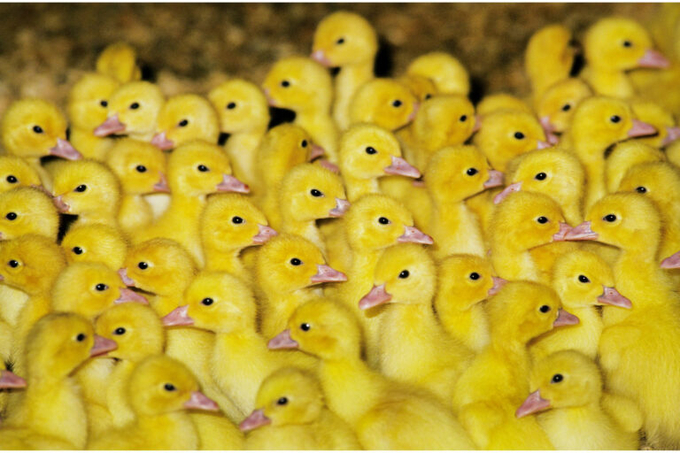June 17, 2025 | 20:47 GMT +7
June 17, 2025 | 20:47 GMT +7
Hotline: 0913.378.918
June 17, 2025 | 20:47 GMT +7
Hotline: 0913.378.918

Over the last few months, some 50 million ducks in France have been vaccinated. Photo: Canva
The new avian influenza vaccination campaign will begin on 1 October. The government will cover 70% of the costs during the first 3 months of the campaign, the department in Paris has announced.
France began a first vaccination round of poultry against highly pathogenic avian influenza last autumn after the country had been hit by serious, large-scale outbreaks of the disease in some previous winters, particularly among ducks, which appeared to be very susceptible to avian influenza infection. Those outbreaks occurred mainly in the south-western part of the country, which is the centre of intensive duck farming for the foie gras industry.
The largest avian influenza vaccination campaign
Over the last few months, some 50 million ducks have been vaccinated – this, says the department, is the first campaign seen globally on such a large scale. As a result, France didn’t report any major highly pathogenic avian influenza outbreaks last winter or spring, apart from the occasional case. However, earlier in August, a new case emerged at a chicken farm in the Brittany region in the very west of the country.
The department says a new vaccination campaign is needed because the epidemiological context indicates a high infection rate with HPAI among wild birds. “The first campaign has been a success thanks to the close cooperation between all parties involved – the vaccine suppliers, veterinarians, agricultural organisations, the government and the poultry holders themselves,” said the department. “We can now build on that success and the experience and knowledge we gathered with the first action. The government initiates a new campaign in order to avoid the avian influenza virus to enter and spread in our country.”
French and German vaccine produces
The 67.75 million new doses will be supplied by 2 producers, German Boehringer Ingelheim Animal Health and French pharmaceutical company Ceva Santé Animale. In the first round, the department only selected Boehringer Ingelheim as a supplier but that lead to critical comments from both the livestock community and Ceve Santé Animale itself.
(Poultryworld)

(VAN) Extensive licensing requirements raise concerns about intellectual property theft.

(VAN) As of Friday, a salmonella outbreak linked to a California egg producer had sickened at least 79 people. Of the infected people, 21 hospitalizations were reported, U.S. health officials said.

(VAN) With the war ongoing, many Ukrainian farmers and rural farming families face limited access to their land due to mines and lack the financial resources to purchase needed agricultural inputs.

(VAN) Vikas Rambal has quietly built a $5 billion business empire in manufacturing, property and solar, and catapulted onto the Rich List.

(VAN) Available cropland now at less than five percent, according to latest geospatial assessment from FAO and UNOSAT.

(VAN) Alt Carbon has raised $12 million in a seed round as it plans to scale its carbon dioxide removal work in the South Asian nation.

(VAN) Attempts to bring down the price of the Japanese staple have had little effect amid a cost-of-living crisis.